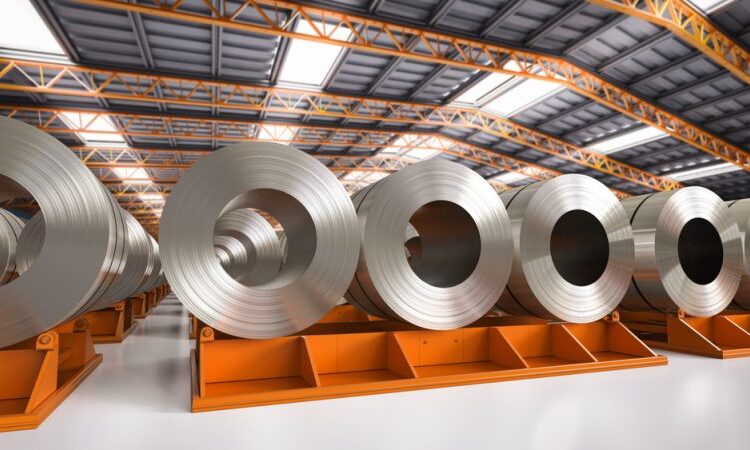
Currently in Brussels, a new set of sanctions against Russia is being considered – the 14th round since the Russian invasion of Ukraine began in early 2022. There are no good ideas for new economic measures against the Kremlin, but this does not justify the pursuit of bad ideas, writes Naike Gruppioni.
Naike Gruppioni is MP for Italia Viva (Renew) in Rome, and member of the Foreign Affairs Committee of the Italian Parliament
This is no easy task. High-impact sanctions have already been introduced. Easily implementable sanctions have already been introduced. Politically popular sanctions, economically significant sanctions, and high-level targeted sanctions: all have been introduced in previous EU sanction efforts.
What remains to be done? A new round of sanctions is likely to yield diminishing returns in terms of economic and political impact on the Russian state. This means there is a real danger that the negative impact on the EU economy will be greater than the negative impact on the Russian economy.
The clearest example of this is the proposed sanctions against Russian aluminum. Recent US and UK restrictions, banning Russian aluminum from using the London Metals Exchange (LME) and the Chicago Mercantile Exchange (CME) as markets of last resort, have signalled that aluminum is now being considered for sanctions.
It would be a grave mistake for the EU to follow the US and UK approach. Sanctioning aluminum from Russia would be politically and economically counterproductive, as the EU market does not follow the same supply patterns as those of the UK and the US. One-third of the EU’s current primary aluminum comes from Russia. But once it arrives in the EU, it proceeds through a high-value-added European supply chain that supports jobs and investments across Europe. Significant downstream European operations like foundries and refineries are spread across the continent – often in manufacturing regions that cannot afford to lose those high-skilled jobs. Processed aluminium products feed the European industrial base, especially in France and Italy, where demand is high. It is better for European supply chains to meet this demand rather than importing finished products from China, for example.
Any sanction on aluminum would undermine – and in some cases, completely kill – this high-value-added European supply chain. Restrictions on such a large source of supply would lead to price increases and inflation at every stage, from raw materials to finished products, including clean energy infrastructure and consumer goods. The return of inflation caused by political decisions is the last thing the European industry and consumer need.
When that European supply chain is shut down after the imposition of sanctions, what will happen to the EU’s aluminum demand? The answer is that the EU will become even more dependent on the world’s number one aluminum producer: China. If the sanctions lead to greater dependence on another geopolitical adversary – in this case, Beijing – it means that the pain felt by European industry and consumers brings no security benefits.
We need to be realistic about today’s situation. In reality, the current dilemma is mainly caused by our own success: the EU moved quickly and effectively to sanction and remove those industries that really matter to the Kremlin – such as oil and gas and military supplies. Those state-owned or state-directed companies and industries were rightly the primary targets of EU action.
Primary aluminum exports from Russia are structured entirely differently from those sectors. The EU’s aluminum trade mainly comes from Rusal – a private company whose main shareholder is EN+, an international commodities company listed in London. This is not Gazprom or Rosneft, where the Russian state exercises control and collects revenues. The aluminum market in Europe has no relation to the fossil fuels market. That is why EU member states have not sanctioned it before and should not do so now.
The benefits would be purely performative, and the disadvantages would be real and have enormous repercussions not only on competitiveness, but also on security and strategic dependence. We would put the very survival of the European industrial fabric at real risk – both in processing countries like Sweden and Ireland, and in industrial end-user countries like France and Italy.
It is a difficult task to identify new sanctions to impose on Russia, because there are really not many good options left. But this is not a good reason to choose a demonstrably bad option.






